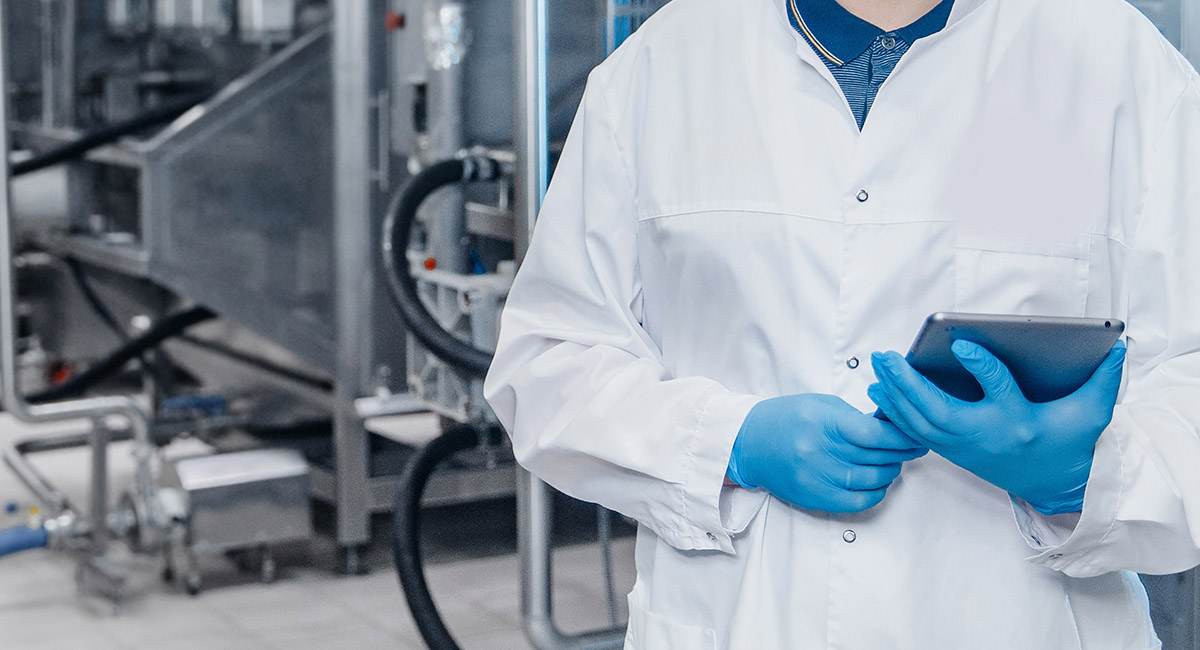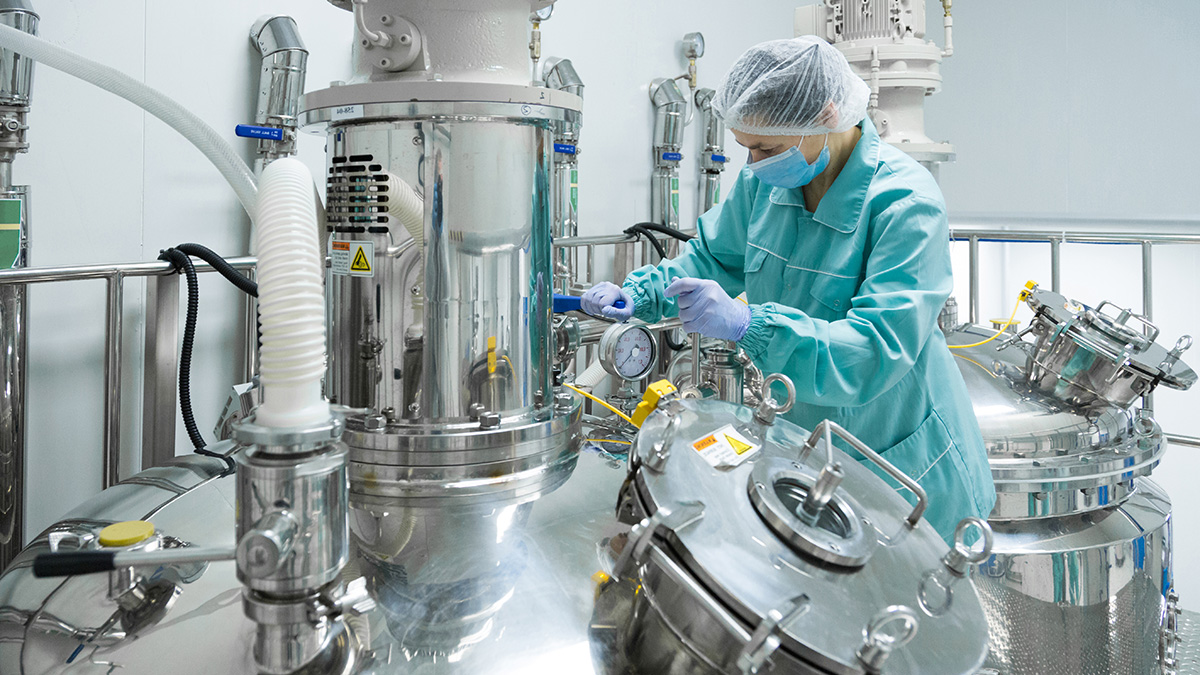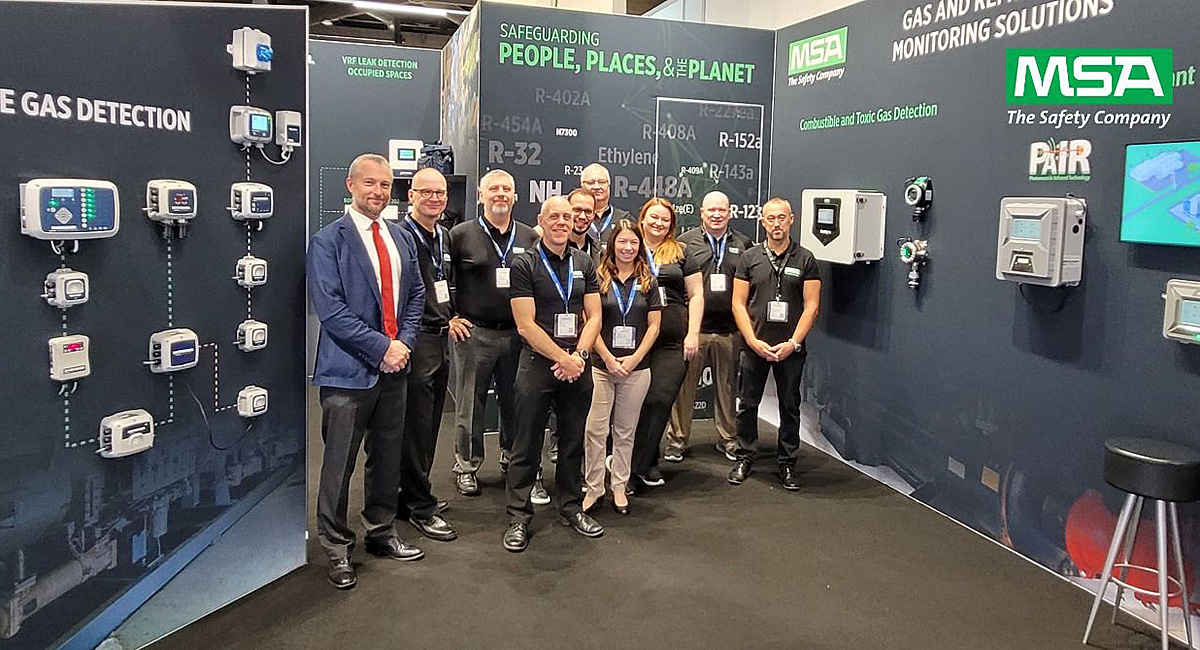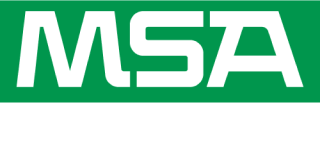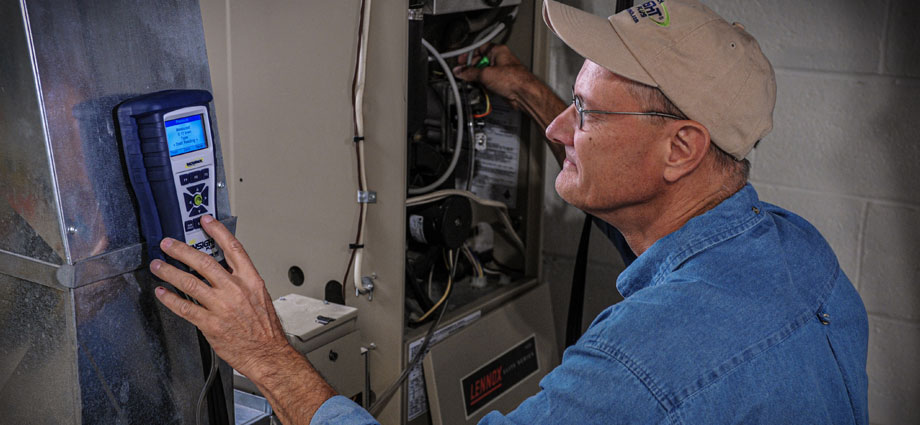
Carbon monoxide (CO) is a colorless, odorless gas that poses a significant danger in both domestic and commercial settings. As homeowners, facility managers, and HVAC engineers, it is crucial to understand how carbon monoxide is produced and where to watch for potential hazards to maintain safety. One of the primary sources of CO in these settings is faulty combustion in furnaces and boilers, making combustion analyzer tools an essential component of your safety toolkit.
Understanding Carbon Monoxide Production
Carbon monoxide is generated during the incomplete combustion of carbon-containing fuels such as natural gas, propane, oil, and wood. When the combustion process is not operating efficiently, it can result in elevated CO levels. Furnaces and boilers, commonly found in both homes and commercial facilities, are prime culprits for CO emissions.
Domestic Settings: In homes, HVAC engineers should pay particular attention to gas furnaces. These heating systems rely on combustion to generate warmth. If not properly maintained or adjusted, they can produce dangerous levels of carbon monoxide. Potential trouble spots include cracked heat exchangers, blocked flue vents, or inadequate air supply. Regular maintenance and the use of combustion analyzers can help identify and mitigate these risks.
Commercial Settings: In commercial spaces, the risks associated with carbon monoxide are more varied due to the diversity of heating systems. Large-scale boilers and industrial furnaces are commonplace, and malfunctions in their combustion process can lead to CO build-up. Engineers must consider how regularly to inspect these systems and employ combustion analyzers to ensure proper combustion efficiency.
The Role of Combustion Analyzers
Combustion analyzers are indispensable tools for HVAC engineers in preventing carbon monoxide incidents. They provide accurate readings of combustion gases, allowing engineers to monitor and optimize combustion efficiency. Among the recommended tools are:
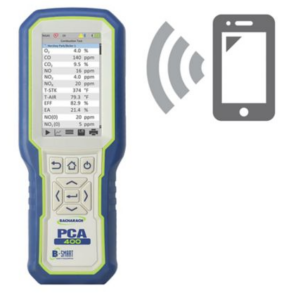
PCA-400 Combustion and Emissions Analyzer: This versatile tool from MSA Safety provides comprehensive data on combustion and emissions, enabling engineers to fine-tune heating systems for efficiency and safety.
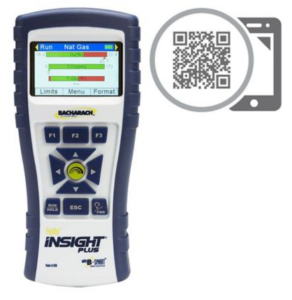
Insight Plus Combustion Analyzer: MSA Safety’s Insight Plus offers advanced features for in-depth combustion analysis and emissions testing, making it an invaluable asset in commercial and industrial settings.
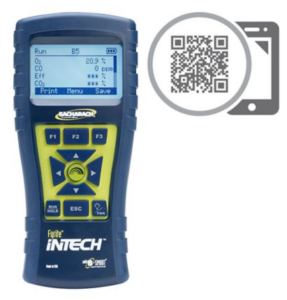
InTech Combustion Analyzer: Designed for ease of use in domestic applications, the InTech analyzer helps engineers quickly assess combustion performance and identify issues that may lead to CO emissions.
Carbon monoxide is a silent threat in domestic and commercial settings, and one primary origin is faulty combustion in furnaces and boilers. As homeowners, facility managers, and HVAC engineers, it’s important to safeguard occupants by preventing and detecting CO emissions. Regular maintenance and the use of combustion analyzers like the PCA-400, InTech, and Insight Plus are essential steps in mitigating the risks associated with carbon monoxide. By staying vigilant and employing these tools, we can ensure the safety and well-being of those in the spaces we service.


